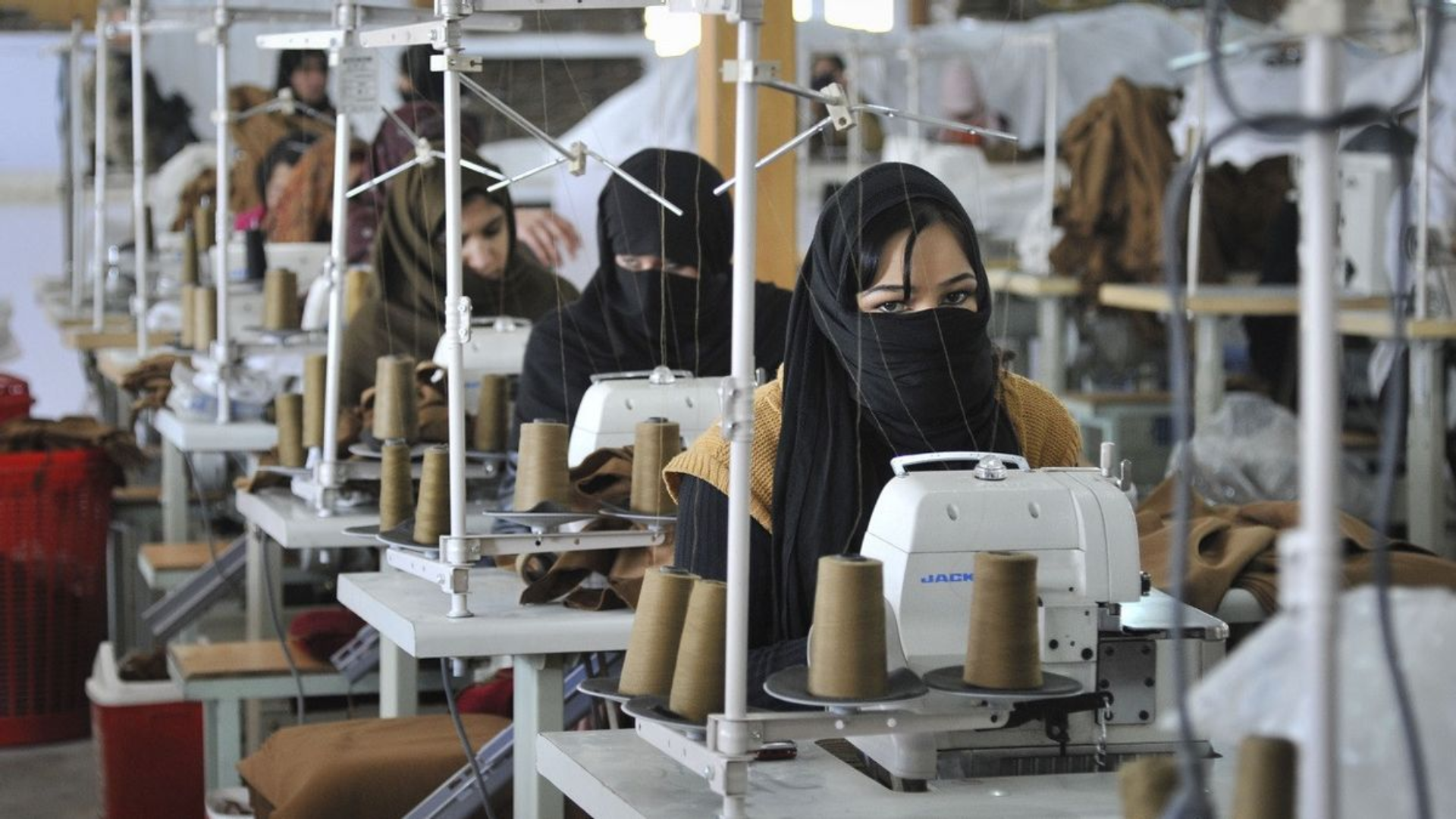
Under the Taliban’s governance in Afghanistan, the circumstances for women are increasingly dire, as evidenced by the recent closure of the “Khadijah Al-Kubra”, women market in Mazar-e-Sharif city due to unpaid shop rents. The development, reported by Khaama Press, underscores the economic challenges and hardships faced by Afghan women under the current regime.
According to the sources cited in the report, the market closure on Saturday was a result of unpaid shop rents and water bills. Each shop is expected to pay 2,700 Afghanis per month, and these payments had not been made for the past two months. Market authorities have issued a stern warning, giving women shop owners a 10-day ultimatum to settle their outstanding dues or face contract cancellations.
The Khadijah Al-Kubra market is a vital hub specifically catering to women in Mazar-e-Sharif, with about 200 active stores. Alongside the Rabia Balkhi market, which boasts around 400 stores, these markets serve as crucial economic lifelines for many women in the city.
The closure of these markets is not an isolated incident but reflects the broader economic challenges facing Afghanistan. The country’s economy has been severely impacted by ongoing political turmoil, which has escalated with the resurgence of the Taliban. This has contributed to a deepening humanitarian crisis, with many Afghan citizens struggling to access basic necessities.
Furthermore, the restrictive policies imposed by the Taliban, particularly those affecting women’s employment and mobility, have exacerbated the situation. These policies have not only limited economic opportunities for women but have also plunged many families into deeper poverty and vulnerability.
Overall, the closure of the Khadijah Al-Kubra market serves as a poignant symbol of the economic hardship faced by Afghan women and the broader challenges confronting the country amid the Taliban’s rule.